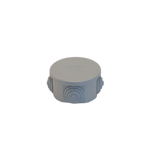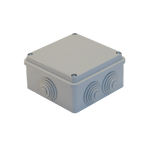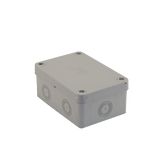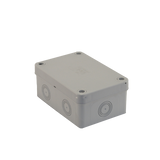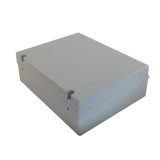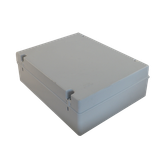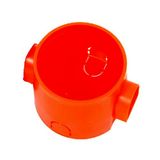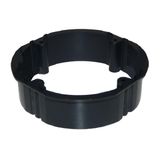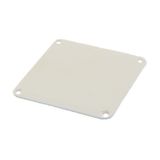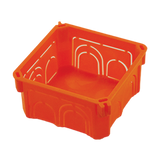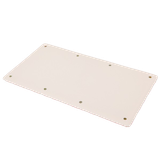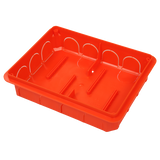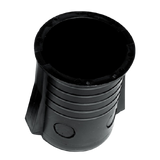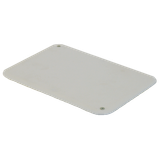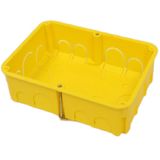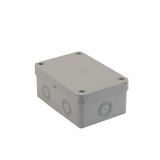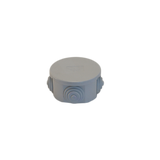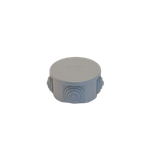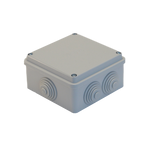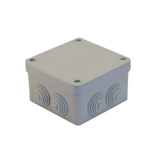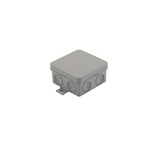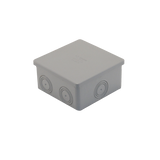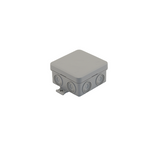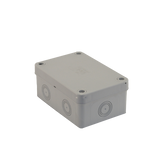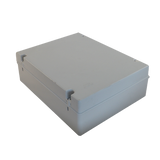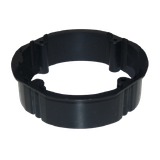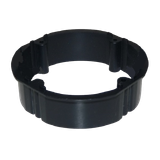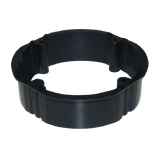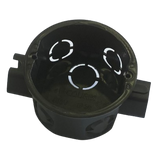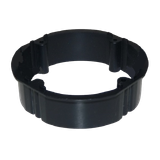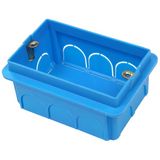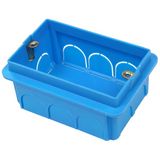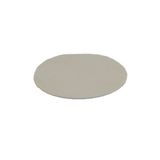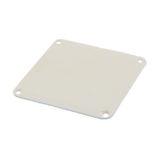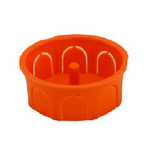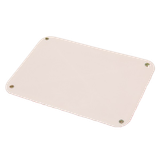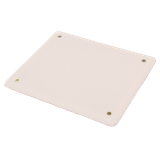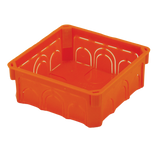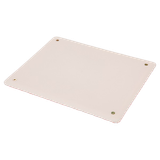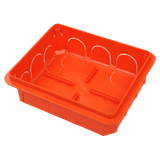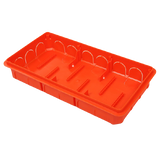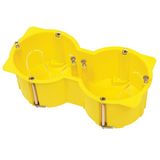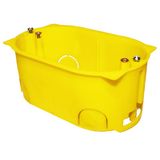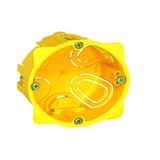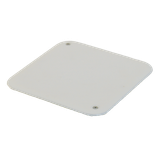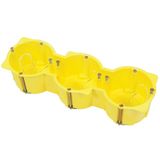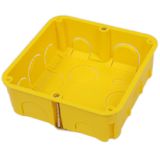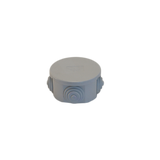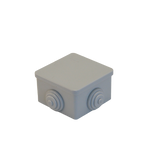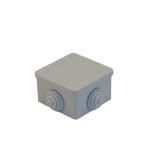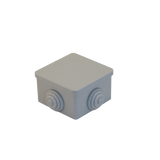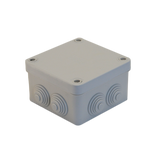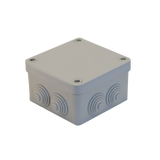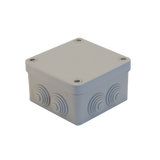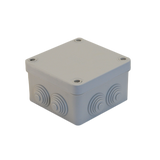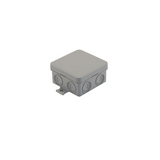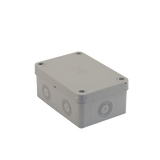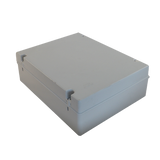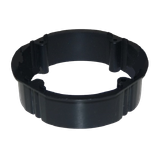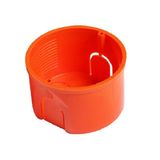THORGEON Junction Boxes
-
-
1
- 2
-
thorgeon installation boxes for reliable terminations
Housings use reinforced PC/ABS or PA with LSZH options for occupied spaces and UV-stable blends for façades. Wall thickness and ribbing keep lids flat under torque so gaskets compress evenly. Entries follow metric M16 M20 M25 with knockouts that shear cleanly; blanking plugs and breathable membranes manage pressure cycles in sealed lids. Typical service window is −25…+60 °C, with glow-wire points 650–850 °C on hot spots. Installers standardise thorgeon installation boxes where identical pitch, screw threads, and label windows must repeat floor to floor; acceptance sheets for thorgeon installation boxes list IP/IK, torque, and pull-out values so goods-in checks are fast.
thorgeon junction boxes sealing geometry and cable management
IP ratings span IP20 for ceiling voids to IP55/IP65/IP66 for plant rooms and car parks; IK07–IK10 hardware protects public routes. Raised gasket lands, captive screws, and corner bosses prevent lid creep after service. Cable trays clip directly to moulded feet and maintain bend radius at entries. Internal tie points and marker rails keep splices readable. Crews choose thorgeon junction boxes when multi-pole through-wiring (3×1.5/2.5 mm²) is needed without extra trunking; plant teams stock thorgeon junction boxes by IP/IK pair and lid type (opaque/clear) to match audit routines.
thorgeon flush mounting boxes depth choices and plaster interfaces
Depths 40/60 mm cover shallow switches and dimmers; plaster rings and adjustable collars correct wall thickness so the bezel plane stays flush. Threaded brass inserts resist strip-out; anti-rotation tabs hold centre lines in gypsum. Conduit stubs accept 16/20/25 mm with snap-locks that survive repeated pulls. On multi-room projects, thorgeon flush mounting boxes keep the same screw centres and knockout geometry so jigs transfer between trades; maintenance teams catalogue thorgeon flush mounting boxes by depth and substrate kit for predictable refits.
thorgeon surface mounting boxes durability and ingress control
Gasketed lids and drain/breather plugs preserve IP in humid corridors and loading bays. Stainless A2/A4 fasteners and silicone gaskets resist ammonia and coastal air. Corner radii and smooth interiors prevent jacket scuffing during pulls. When back-mounting on uneven masonry, foam compensators stop point loads. Contractors specify thorgeon surface mounting boxes for retrofit lines where conduit remains external; warehouses index thorgeon surface mounting boxes by pitch and stand-off to keep column runs straight.
thorgeon modular enclosures configuration and expansion
Empty bodies in 6–36 module footprints accept DIN-35 rails, PE/N bars, and barrier plates; door options include clear PC with retained screws. Side knockouts align from bay to bay, allowing bus links and uniform comb spacing. Thermal paths are documented so supplies and drives derate correctly above 40 °C enclosure ambient. For phased rollouts, thorgeon modular enclosures ship with end-stops, partition walls, and label windows to clone panels across risers; operations repeat thorgeon modular enclosures when spare ways and accessory language must remain identical.
thorgeon electrical connection boxes wiring windows and testing
Push-in and screw-cage terminals accept 0.5…2.5 mm² Cu; strip windows 8–12 mm; typical tightening 0.5–0.8 Nm. Test points take 2 mm probes behind touch-safe shutters. Divider strips separate SELV from mains, and 360° braid clamps provide EMC hand-off to metal backplates. Spec packs for thorgeon electrical connection boxes include torque charts, pull-out ≥60 N on strain reliefs, and sticker fields for circuit IDs; commissioning teams favour thorgeon electrical connection boxes where inspection can be logged without opening splices.
thorgeon installation accessories sealing gaskets and hardware
Compression glands with matched ferrules keep IP after temperature cycling; serrated locknuts stop walk on thin doors. Spacers, earth lugs, label frames, and anti-tamper caps share one dimensional language, so crews reuse tools. Breathable membranes protect against pump-down after washdowns. Specifiers group thorgeon installation accessories by thread family, jacket OD, and gasket compound to stabilise BoMs; logistics mirror those thorgeon installation accessories in room bundles so night shifts avoid mixed cartons.
Technical specifications and standards for engineers
- Standards: boxes and enclosures align with EN 60670 and EN 62208; ingress per EN 60529; conduit interfaces per EN 61386 practice.
- Materials: LSZH and UV-stable PC/ABS/PA; stainless or zinc-nickel hardware where corrosion is a risk.
- IP/IK: IP20/55/65/66 typical; IK07–IK10 depending on lid and clip set.
- Thermal: verify Tc near drivers; allow 7.5–10 mm breathing above warm devices.
- EMC: use 360° clamps at entry plates; keep earth tails short and direct; cross power and I/O at 90°.
- Marking: solvent-resistant legends; QR fields tie boxes to drawings for audits.
Applications and compatibility
Apartments and hotels rely on flush boxes with shallow collars for clean fronts; offices use through-wired ceiling junctions for quick churn; plant rooms need IP66 surface bodies with stainless fixings; car parks depend on robust lids and drain plugs; façades require UV-stable housings and sealed glands. Box footprints, thread families, and label formats align with your panels and luminaires so bezel planes, torque windows, and conductor handling remain consistent across trades.
Selection criteria for B2B buyers
- Fix environment and IP/IK target, then pick material and gasket.
- Lock depth, stand-off, and knockout pitch to stabilise jigs and gland sets
- Define wiring scheme—terminal type, strip window, test access—and publish torque tables.
- Plan EMC and segregation with divider strips and braid clamps.
- Document logistics—EAN/MPN per small part, room-bundle kitting, acceptance tests for pull-out, torque, and IP.
- Pilot a room or riser to confirm spacing, Tc, and inspection flow before bulk release.
Advantages of working with Bankoflamps
Procurement follows install order, not catalogue order. You get project-specific pricing, live EU stock before crews are booked, and quotes with EAN/MPN in roughly an hour. The portal shows lead times, shipment tracking, and downloadable price files with validity windows that hold budgets. Trusted accounts use post-payment up to 30 days. We consolidate by room or riser so boxes, rails, glands, labels, and hardware land together, and your account manager cross-checks IP/IK targets, thread families, knockout pitch, terminal ranges, torque notes, and EMC clamp requirements against your drawings—keeping deliveries site-ready across France, the Baltics, Germany, Spain, Italy, Belgium, and the Netherlands.
